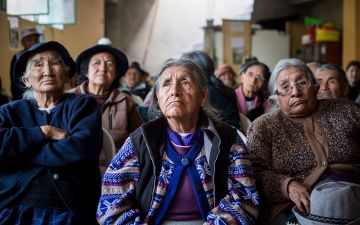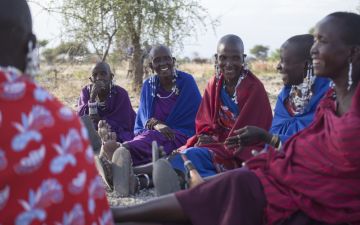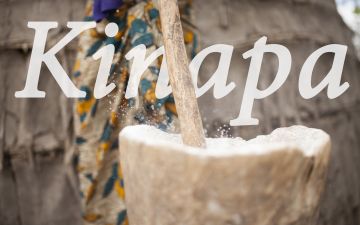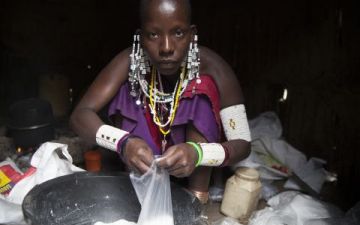Throughout the past century, Maasai men have been the sole financial providers for their families. However, with increasing droughts and dwindling land access due to conservation, men are becoming unable to provide for their multiple wives and families.
Many women, often forbidden from working and yet unable to watch their families suffer, have forgone societal norms and started businesses—selling small goods like petroleum jelly or snuff tobacco from their homes or nearby markets. Although usually making less than $5 USD a week, these women risk abuse and community backlash.
With the continued and steady success of these businesswomen, along with the help from various NGO’s, the number of Maasai women doing business is increasing. In the past few years, NGOs and veteran Maasai businesswomen have created women’s collectives that provide micro-loans, access to bank accounts, support during emergencies, and business strategy advice. With these collectives, opinions towards women leaving their boma (or homestead) and earning an income are changing. Their success is redefining Maasai notions of womanhood.
This project follows several women in Oltukai Village, Tanzania, as they learn from each other, struggle to grow (or start) their businesses, and challenge their village’s conception of women.








